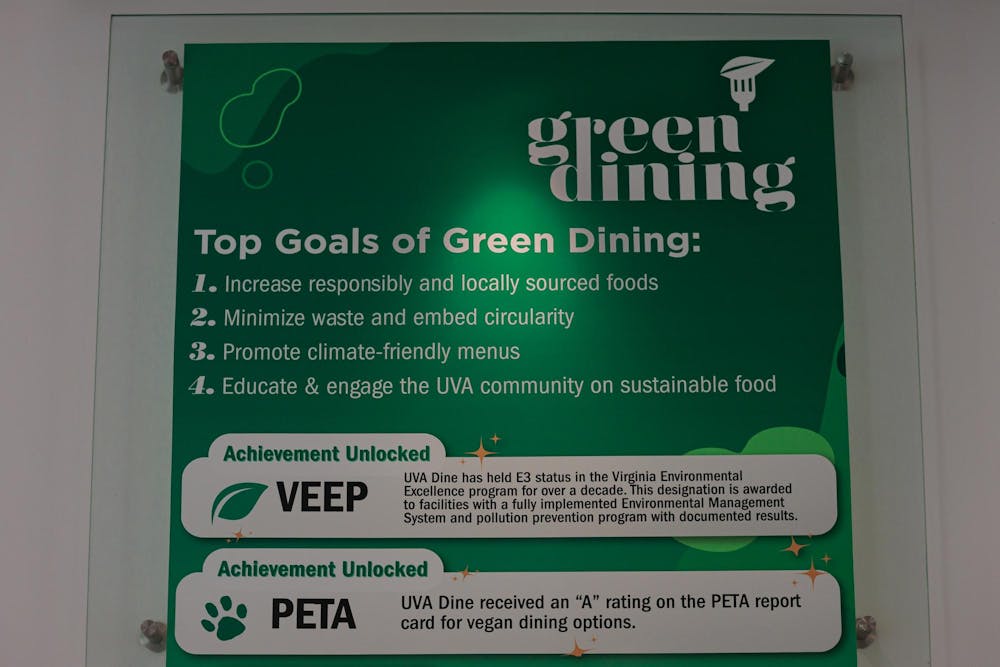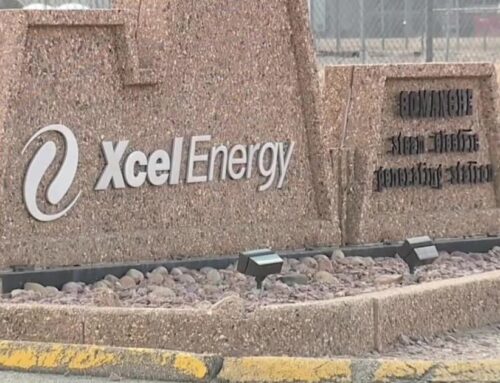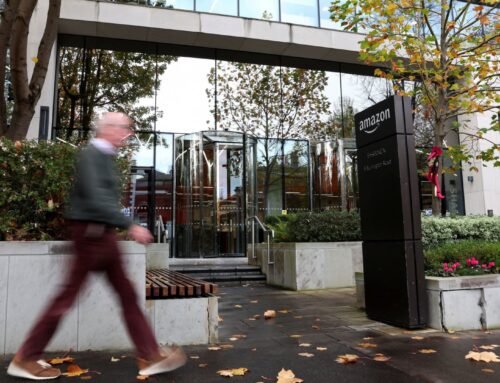GARVIE: Commend the University’s continuous care for the environment
April 27, 2025

In this way, students are no longer just passive bystanders for environmentally sustainable practices — they are active participants.
As the United States accustoms itself to the drastic changes which this new presidency has brought, the shift in environmental policies has been especially notable, with 31 deregulatory changes that will be made in the upcoming days. From reconsidering power plant emissions standards to potentially eliminating the greenhouse gas reporting requirements, these changes will have dire consequences for the environment. Universities have also been impacted by these changes — most notably, Executive Order 14008, which integrated climate change education into curricula and advised universities to embrace more sustainable practices, has been rescinded. In this increasingly concerning political climate which has de-emphasized sustainability, the University is steadfastly continuing to work toward its sustainability goals, something which is worthy of commendation.
In 2020, the University came out with the “2030 UVA Sustainability Plan” made by the Office for Sustainability. This project has 10 environmental goals and critical actions to go alongside them, including initiatives like promoting sustainability research, becoming more energy efficient and reducing waste footprints. It is impressive that the University has this plan, and that it was so proactive as to implement it five years ago. At this point, we are halfway to 2030 and the University has been so successful at promoting sustainability that it received recognition from the Virginia Energy Efficiency Council.
The Building Efficiency Program has been one of the main ways that the University has worked to address the energy efficiency goals. Over the past nine years, 75 buildings have been upgraded, all built to be more energy efficient. In addition to these significant updates, any new buildings constructed must follow the Green Building Standards. In fact, one of the newest constructions on Grounds — the Contemplative Commons — is a sustainability powerhouse, hosting research from the Environmental Institute and decreasing the energy usage with natural light. Given the amount of energy which could be required to run buildings on Grounds, we should highly commend the University for continuing to abide by the Efficiency Program in innovative ways.
Building practices are not the only way the University is striving towards its goals. U.Va. Dine has been working to do its part by reducing the University’s waste footprint. In 2023, landfill waste had increased by 10.8 percent from 2010 — as one might expect from increased plastic use overall. However, the University has reduced its total waste by 36.8 percent since 2010 by reusing, recycling and composting. Most recently, the University adopted reusable to-go boxes for dining halls and Gaston. U.Va. Dine has partnered with the ReusePass Program to put this new initiative into place — a program that saved over 53,000 pounds of waste at other universities this past fall. Overall, U.Va. Dine has been continuously working to be more sustainable and encourage environmentally friendly practices.
While the reusable containers are a sustainable addition to the dining halls, many students have expressed annoyance with the inconvenience of the Grubhub app. But by having students scan in for a reusable container rather than simply picking up one to be thrown away, the University is actively including students in their mission for sustainability. Moreover, students are unlikely to think of the environmental impact every single time they go to get food, but having this small change forces students to occasionally confront the environmental impact of their daily practices. In this way, students are no longer just passive bystanders for environmentally sustainable practices — they are active participants.
Not only has the Office for Sustainability paved the way for green strategies in the dining halls, but it has also provided a multitude of ways for students to get involved in different environmental practices outside of food containers. For example, there are a variety of leadership programs, such as Zero Waste Ambassadors and EcoLeaders, that are backed by the Office of Sustainability. Furthermore, the Office for Sustainability hosts several events throughout the year to help students find environmental-related internships and jobs. In addition, it promotes opportunities for students to volunteer at places such as Morven Kitchen Gardens from which the produce is distributed around Charlottesville. Integrating student action into their sustainability initiatives allows the University to generate more — hopefully long-term — interest while also taking advantage of the manpower they have available.
No one is perfectly sustainable, least of all a large institution when it comes to the environment. Yet, we must applaud the University for the efforts they are continuously making to be more sustainable. Setting the sustainability plan in place five years ago was a bold yet attainable choice that gave the University tangible goals toward which to work. Persevering in these goals despite the actions of the current government is a commendable task, one that certainly deserves to be recognized.
Adeline Garvie is a viewpoint writer who writes about health, technology and environment for The Cavalier Daily. She can be reached at opinion@cavalierdaily.com.
The opinions expressed in this column are not necessarily those of The Cavalier Daily. Columns represent the views of the authors alone.
Search
RECENT PRESS RELEASES
Related Post



